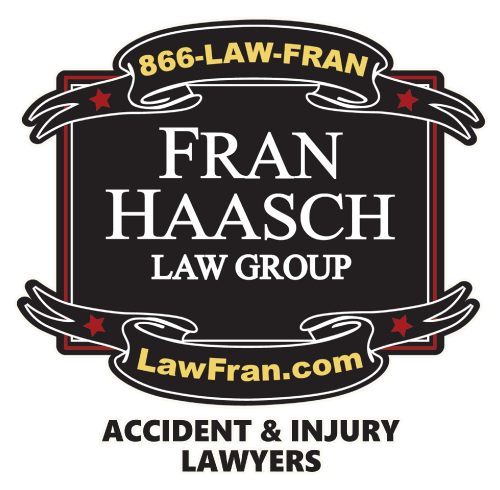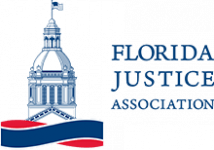If You Were Injured, Contact Our Motorcycle Accident Attorneys
While motorcycles provide a convenient, cost-effective, and enjoyable method of transportation, there is no denying that they are typically much more dangerous than other types of motor vehicles. Motorcyclists lack the protections that passenger vehicles and trucks offer, such as heavy doors, seatbelts, and airbags. Even with proper safety gear, bikers are at risk of serious injuries if they are involved in an accident.
It is vitally important that motorcyclists take proper precautions to protect themselves while they are out on the road. In Florida, all motorcyclists—both operators and passengers—under the age of 21 are required by law to wear an approved motorcycle helmet. While bikers over the age of 21 are permitted to ride without a helmet, it is strongly recommended that they wear a motorcycle helmet anyway. Head injuries are one of the leading causes of motorcycle-related deaths; wearing a helmet is your best defense against a traumatic brain injury.
Additionally, motorcycle operators in Florida are required to carry the proper endorsement. In order to receive this endorsement, you will be tested on your knowledge of state traffic laws, including those that specifically relate to motorcycle operation. You will also be required to pass a practical test, demonstrating your ability to safely operate a motorcycle. Before being issued a motorcycle license, you will need to submit proof that you have successfully completed the motorcycle safety course.
Common Sense Motorcycle Safety
In addition to following all legal requirements for motorcycle operators and riders in the state of Florida, there are a few common sense safety tips you can follow to better protect yourself:
- Never Drink and Drive: Just as you should never get behind the wheel of a car while intoxicated, you should never operate a motorcycle under the influence of drugs or alcohol. Intoxication severely limits your ability to drive safely, putting you and others at risk.
- Remain in Control: Never attempt any actions you are not fully comfortable with or have little experience with. This can include passing or operating a motorcycle on very twisty roads or in rainy/wet conditions.
- Be Aware of Weather: Rain, high winds, and other weather conditions can greatly affect your ability to safely operate a motorcycle. If the weather is poor, refrain from riding. If you must use your motorcycle in inclement weather, use extreme caution.
- Make Yourself Visible to Other Drivers: Many motorcycle accidents occur because motorists fail to see or are not looking out for motorcycles. Make sure you are always visible to other drivers; do not ride in blind spots, ensure that your lights are functioning, and wear brightly colored gear at night.
- Wear Proper Safety Gear: Always wear a helmet, even if you are not required to do so by law. Additionally, you can protect yourself by wearing clothing designed for riding (such as a leather jacket and motorcycle boots/gloves) and sunglasses.
- Train Regularly: The best form of protection is training. Knowing how to react to changing situations is crucial to the safety of motorcyclists. Ride safely and regularly and train on closed safety courses to continuously improve your skill.
Motorcyclists who practice defensive driving (as opposed to aggressive driving) behaviors are much less likely to be involved in collisions. However, even when bikers take great safety precautions, they may still be hit by another motorist. If you were involved in a motorcycle accident, you may be entitled to financial compensation for your losses.












